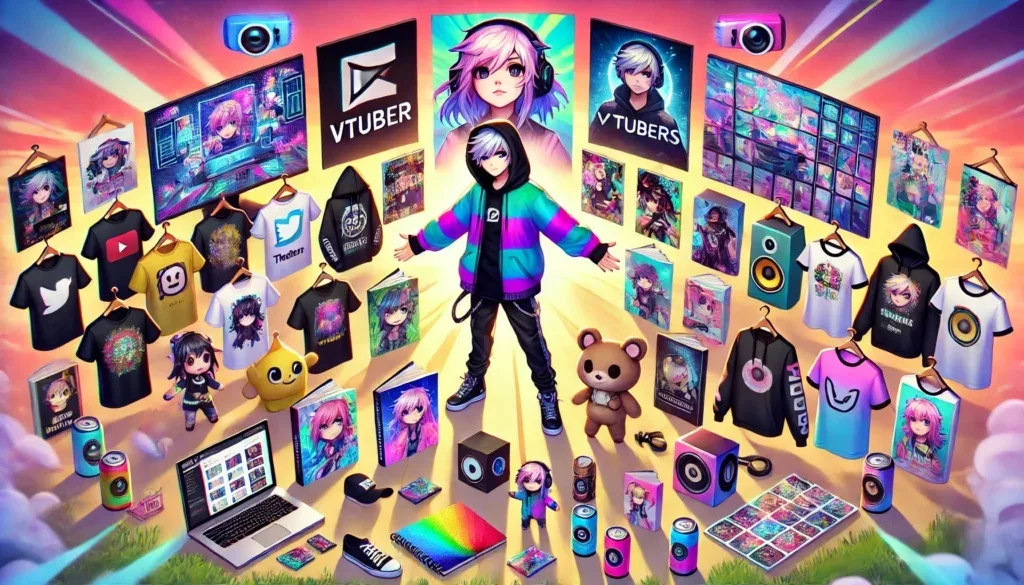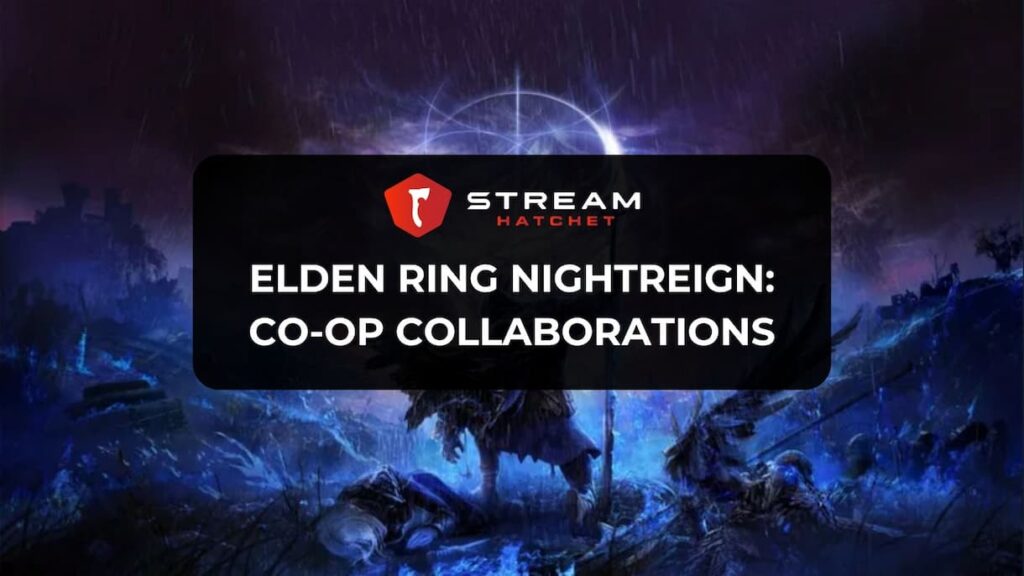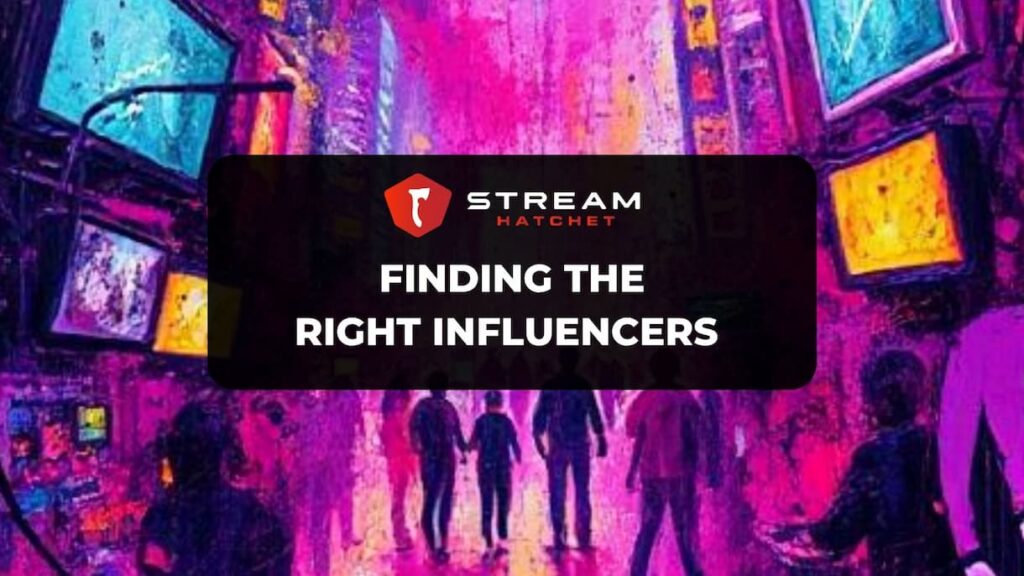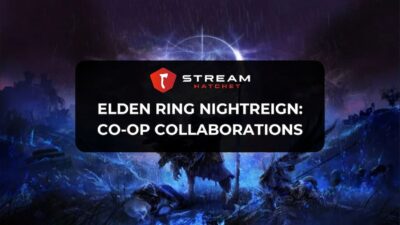VTubers are the vanguard of the live-streaming industry, pushing the medium to its limits at the intersection of technology, identity, and culture. VTubers are bridging the gap between our world and the metaverse, showing how future generations will interact online through completely alternate personas that are just as important to them as their “actual” identities.
Let’s step back for a moment though: What is a VTuber, exactly? VTubers (short for “Virtual YouTubers”) are streamers who present themselves as digital avatars driven by motion capture technology. VTubers command intensely loyal followings even when compared to traditional streamers; as an example, 7 of the top 10 most Super Chatted YouTube Live channels are VTubers. These fanbases interact with one another to form a tight-knit community wholeheartedly invested in the alternate reality of VTubers – essentially, all VTubers and their fans are engaging in one massive roleplay. This demands emotional investment beyond what so-called “Flesh Tubers” (non-VTubers) can expect from their fans.
With VTubers being essential to the mega-popular Japanese streaming market and now expanding globally, brands and publishers need to understand their potential. In this article, we provide a complete overview of the VTuber community, from the lifestyle and culture of VTubers to the more practical financial side of this burgeoning streaming form.
The topics covered include:
- Popularity & Agencies
- Global Reach
- Most Viewed VTubers
- Platforms & Subscribers
- Culture & Lifecycle
- Popular Content
- Models & Personalities
- Sponsorships & Monetization
VTuber Popularity Continues to Rise, Signaling the Future of Live Streaming
VTubers exploded in popularity during the pandemic, when new fans around the world were given the time to invest themselves in this unique, intricate subculture. Pulsar shows the growth in online mentions of VTubers around the first lockdown, with mentions continuing to rise in the following years – proving VTubers aren’t just some one-off novelty. As viewer interest in VTubers rose, so too did their financial impact: In 2023, the market value for VTubers sat at 3.3B with a projected growth to 45.8B in 2032 – that’s a 15x increase in just 9 years!
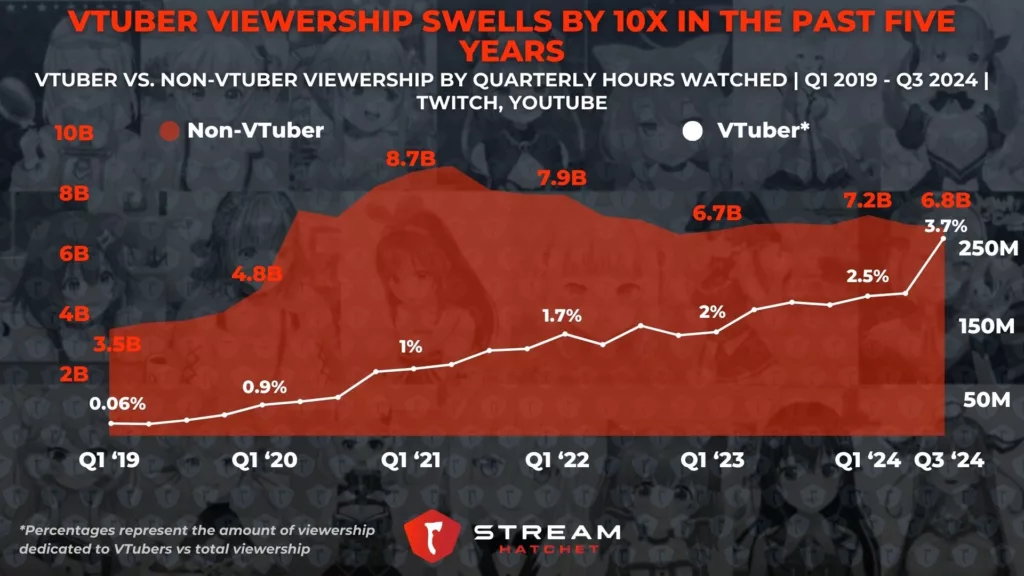
Much of this demand can be attributed to streaming audiences: Although not all VTubers stream, live streaming is seen as a more interactive form than pre-recorded content and is therefore more popular among fans. Over the past five years, the proportion of quarterly live-streaming viewership attributable to VTubers alone has risen from 0.6% to 3.7% – a massive 10x increase in relative demand! Even as most live-streaming viewership decreased following the pandemic, VTuber viewership kept rising and hit 261K hours watched for Q3 2024. As such, there’s been a big push by VTuber agencies to keep their talent streaming as much as possible.
VTuber agencies are essentially like talent agencies that manage VTubers, put them into groups for collaborations, and support the financial side of their craft with merchandising, concerts, and sponsorships. Some of the key agencies include Hololive, NIJISANJI, and VShojo – but there are a plethora of other options out there for more niche creators, not to mention independent VTubers who go it alone. The most important takeaway is: VTubers with an agency are typically far more popular than independent VTubers. Dungeon Investing has a far more detailed analysis of VTuber agencies for anyone interested in their relative competitiveness.

The most essential knowledge for brands and publishers is who watches VTubers. Hololive’s own research reveals 82% of its audience is male, and 40.5% are between the ages of 18-24. Hence, brands targeting young men are the most likely to succeed when sponsoring the majority of VTubers. Given that no younger age bracket was used in this study, however, it’s possible some viewers are actually in their early-mid teens. The Yano Research Institute shows that NIJISANJI’s talent tends to skew more towards a female audience, most likely due to its abundance of male VTuber talent. In essence then, VTubers are often preferred by people identifying as the opposite gender.
VTuber Culture is Diversifying into English, Korean, and Indonesian
Although VTubers began as a primarily Japanese phenomenon, their global reach has extended greatly ever since the pandemic. Apart from massive popularity in other Asian countries like China and Indonesia, VTuber popularity has extended to the West as well with a plethora of English-speaking VTubers. In fact, according to Pulsar, 80% of online chatter related to VTubers takes place in the U.S. (in English). No doubt the romanized term “VTuber” has helped ease the spread of this phenomenon in online discourse.

Hololive has capitalized on this spread, with a range of English-speaking VTubers launched under its “Hololive EN” banner since 2020. In fact, its most recent group “Hololive Justice!” debuted just this year, yet already has 1.4M subscribers between them – making this group alone a top 30 VTuber brand. Motoaki Tanigo, the CEO of COVER Corporation (parent company of Hololive), often espouses his commitment to the Western VTuber market, shown through VTuber concerts in Melbourne, Los Angeles, and New York, and even through partnerships with American brands, like VTuber Gawr Gura singing for the LA Dodgers.
The ability for VTubers to penetrate a global market was made possible by increasing accessibility through advanced translation and captioning technology on foreign-language streams. This bridge between cultures enables viewers to find exciting, diverse, and alternative content online, which is a massive drawcard for younger audiences. In this way, VTubers again demonstrate an intersection between technology and culture that promises new possibilities for branded sponsorships (e.g. reaching different regional demographics, performing international collaborations, etc.).
The Most Popular VTubers of the Past Year
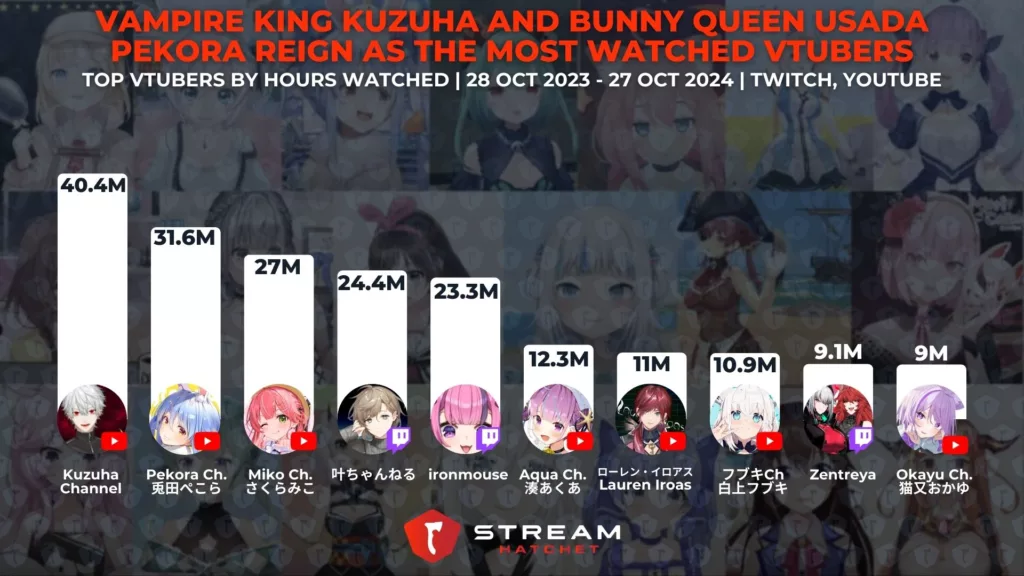
Many of the most popular VTubers are able to compete with traditional streamers in terms of viewership, becoming well-known names even amongst non-fans. The most popular VTuber by pure hours watched over the past 12 months is Kuzuha with 40.4M hours watched. His presence at number one actually bucks the common trend of female VTubers generally being more popular than male VTubers. Second place Usada Pekora (31.5M hours watched) and third place Sakura Miko (27M hours watched) might be considered more traditional examples of popular VTubers with their upbeat, kawaii (cute) aesthetics.
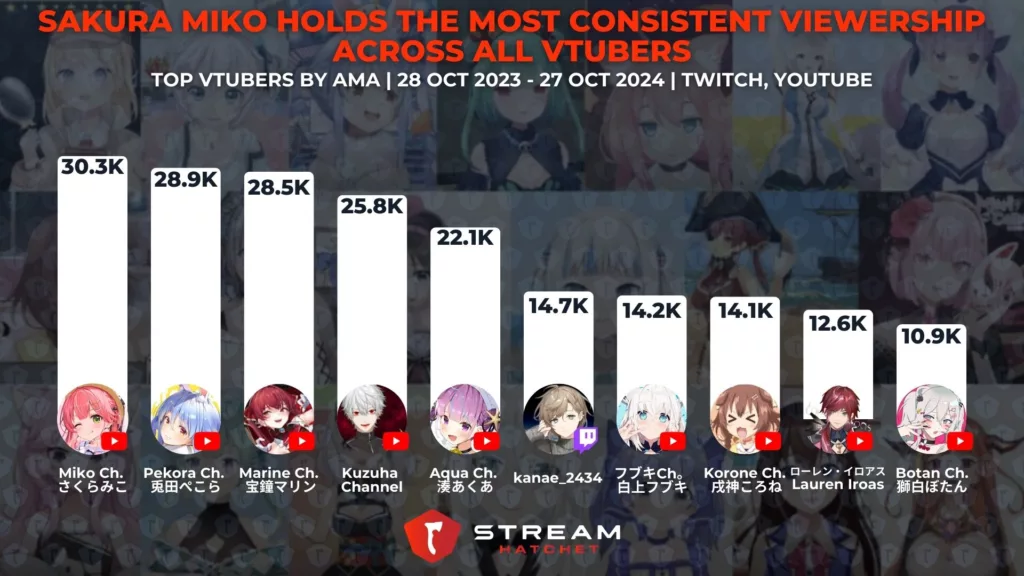
Popular VTubers as measured by their average concurrent viewers (AMA) differ slightly, putting female VTubers back on top. By AMA, Sakura Miko is the most popular VTuber with an AMA of 30K, with Usada Pekora following closely behind with an AMA of 29K. Note as well that among the top 10, every single VTuber is associated with either Hololive or NIJISANJI (7 and 3, respectively). This further proves these agencies’ complete dominance in the space.
Different VTubers Stream on Twitch vs. YouTube
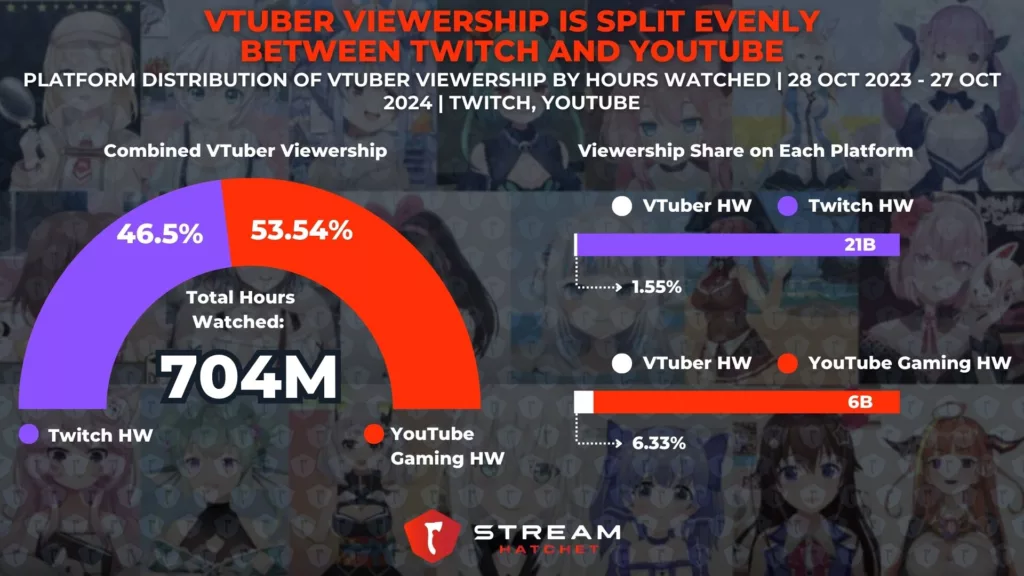
VTubers primarily have two live-streaming platforms they tend to stream on: Twitch and YouTube. Although historically YouTube has been considered the primary home of VTubers, particularly for Japanese VTubers, the winds are changing. Over the past 12 months, Twitch VTubers generated almost as much viewership as YouTube VTubers, at a ratio of 327M:377M hours watched (46.5%:53.5%). There are still significant differences between how much VTubers contribute to these platforms overall however, with VTuber viewership accounting for 6.3% of all YouTube viewership versus just 1.6% for Twitch.
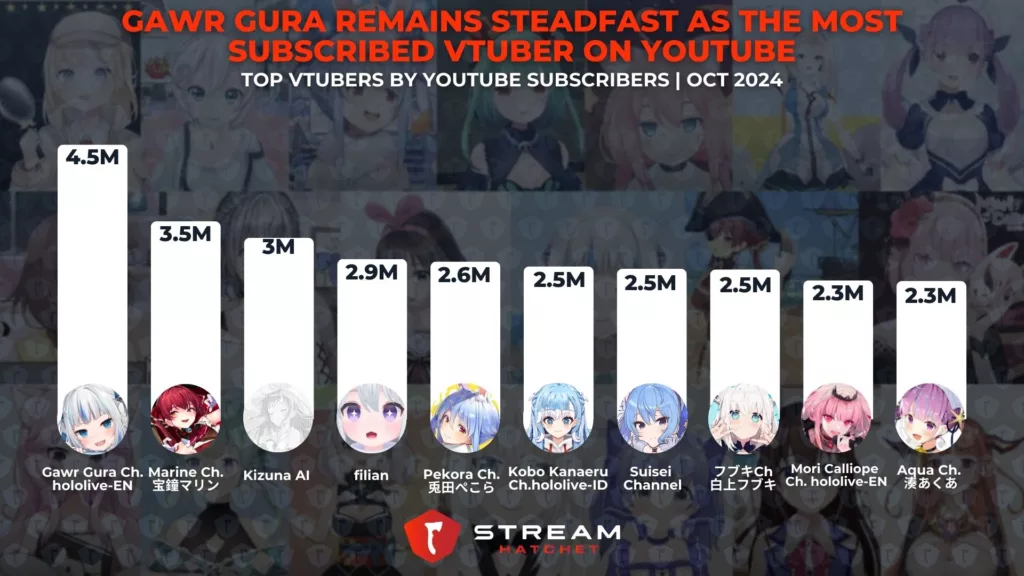
Looking first at YouTube, we see the same dominance from both Hololive and NIJISANJI among popular VTubers. The most subscribed VTuber is Gawr Gura with 4.5M subscribers on YouTube – a massive 990K subscribers ahead of second place Houshou Marine. While almost every highly subscribed VTuber is Japanese, Gawr Gura is the only English-speaking VTuber on this list (being the exception that proves the rule). Subscriber count doesn’t always line up with viewership, occasionally being higher for VTubers that launched their channels earlier (while not being as popular currently) or who stream less frequently (e.g. only performing live concerts and not making gameplay content).
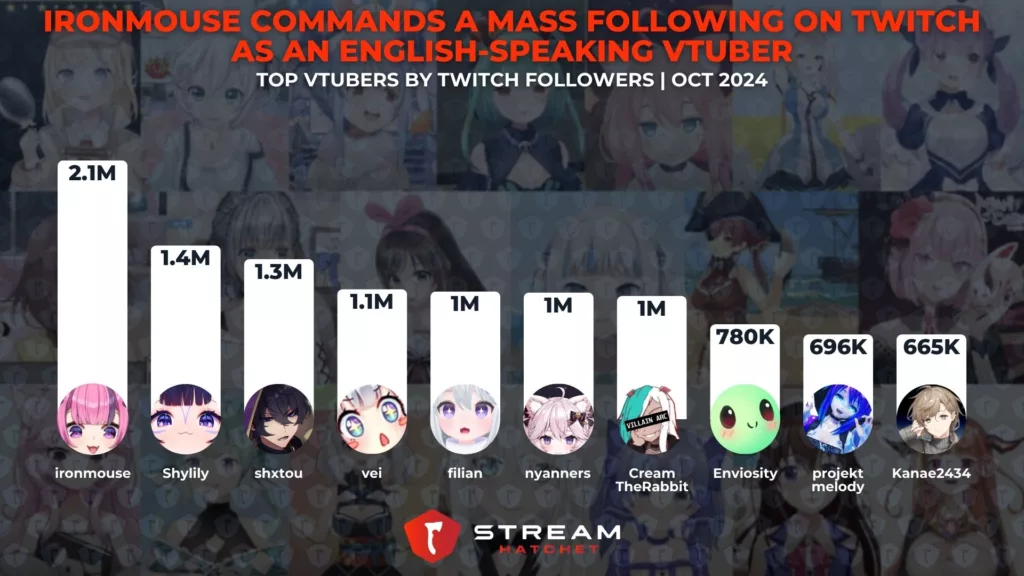
On Twitch, follower counts are a more reliable measure of overall popularity than subscriber counts (which are paid). The most followed VTuber on Twitch is ironmouse with 2.1M followers – that’s 700K more than Shylily with 1.4M followers. Ironmouse is something of a phenomenon, having recently broken records during Twitch’s SUBtember event in which she became the most subscribed streamer ever on Twitch – that’s including traditional streamers! Ironmouse also embodies two of the defining characteristics of Twitch VTubers compared to YouTube VTubers: Firstly, she is independent (a rare example of an independent VTuber outperforming an agency VTuber), and she is English-speaking (as is every other top 10 most followed VTuber except for Kanae).
VTubers are an Off-shoot of Idol Culture
It’s clear that a wide range of different VTubers are able to generate large amounts of viewership online, rather than just a select few examples satisfying a particular niche audience. So how do VTubers distinguish themselves from traditional streamers, and what is life on live streaming like for these VTubers?

VTubers are essentially an off-shoot of Japanese idol culture in which performers portray hyper-optimistic onstage personas that cultivate highly dedicated fans. Most VTubers (particularly early VTubers) are even known for their singing, dancing, and 3D concerts (essentially a virtual representation of a live idol concert). Much like Japanese idols, VTubers are essentially reliant upon their agency to make a profit: Agencies provide the tech necessary for top-of-the-line 3D avatars and virtual concerts, not to mention providing VTubers with access to their network of sponsorship connections. How to be a VTuber all depends on work ethic and connections: It’s possible that as technology becomes cheaper and therefore more accessible, VTubers will be less reliant on the safety of an agency to promote themselves (much like singers no longer require representation to break out).
How much VTubers earn varies wildly, with only the top few % of all VTubers generating enough viewership to attract sponsors’ attention. The bulk of a VTuber’s income comes from ad revenue, donations, sponsorships, and merchandise – all routes which depend on massive fanbases to turn a profit, and are therefore inaccessible to new VTubers. This makes smaller VTubers more amenable to sponsorship deals, as sponsors also boost their own profile – for the right product, of course. Loyal fans who are crafty can also create fan-made merch (of which they may later split the profits with their favorite VTuber).

Being a VTuber is an incredibly difficult job, one that requires managing long work hours, meeting agency demands, and maintaining a positive image amidst online mudslinging. As a result, many VTubers often retire or, as it’s known in the VTubing community, “graduate”. VTuber graduation essentially means a performer (the actual human) retiring a VTuber character for any number of reasons (burnout, the end of an agency contract, wanting to adopt a new persona, etc.). Graduating is like the end of a VTuber’s lifecycle, sometimes followed up by “reincarnation” in which the performer adopts a new VTuber personality. Note that it’s frowned upon in the VTuber community to wantonly expose someone’s previous identity.
A famous recent example of reincarnation was VTuber Yuuki Sakuna, the new VTuber personality of famous Hololive creator Minato Aqua. This preceding fame explains how Yuuki Sakuna was able to break records with a peak of 383K viewers upon her debut, despite being a “new” channel. For another example, take English-speaking VTuber Dokibird who received a warm welcome back to streaming earlier this year after a multi-year hiatus. This rebranding of retirement as “graduation” is part and parcel of a VTuber’s celebrity status, with VTuber drama fuelling its own subculture of rumor mills and commentary channels (such as Rima Evenstar’s excellent VTuber news channel).
VTubers Love Games with Collaboration and Roleplaying
Like many other streamers, popular VTubers take a hybrid approach to content creation, using big events to command high peak viewerships, then tiding over their fans in the meantime with more easily produced gaming content. As a result, games often provide the bulk of a given VTuber’s airtime and, consequently, their total viewership.
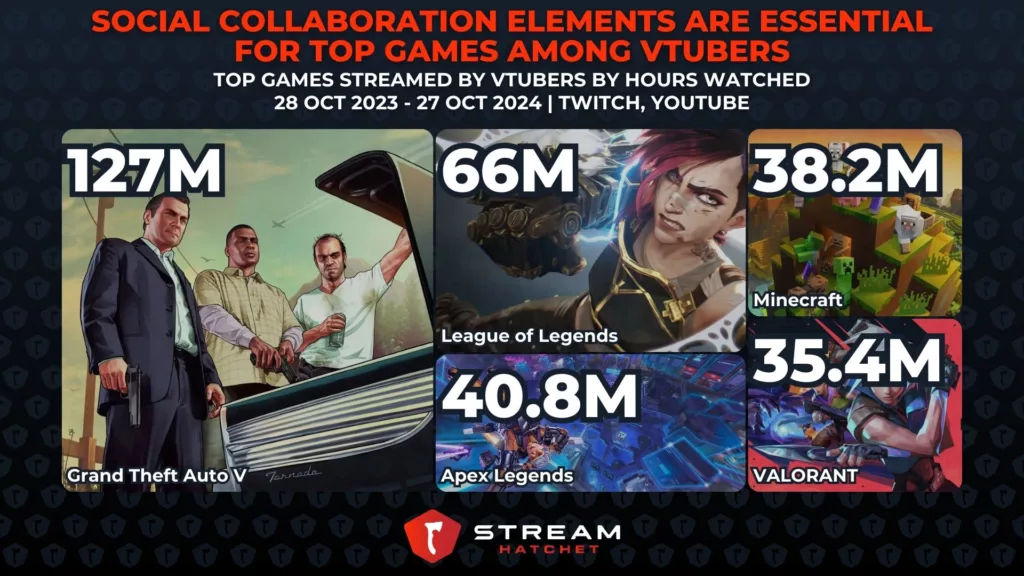
Many of the top games among VTubers match the top games on live streaming in general, including GTA V, League of Legends, and Apex Legends with 127M, 66M, and 41M hours watched each among VTubers over the past 12 months. As we move further down the list though, the games that stand out are more popular in Japan, allow for massive VTuber collaborations, and feature anime aesthetics. Games like Monster Hunter: World (20.1M), Genshin Impact (19.5M), and Palworld (15.6M) all fall under this definition.
These trends make a lot of sense, given the interests of a typical VTuber fan. These games heavily feature roleplaying elements, such as GTA V which thrives on its RP servers – this suits the VTuber community which is entirely composed of performers roleplaying as unique VTuber personalities. Collaboration potential is also highly desirable as VTuber personalities shine brightest when compared to one another. With many of the top VTubers being Japanese, it also makes sense that fans would want to see popular games in that region like Street Fighter 6 (23.5M hours watched).
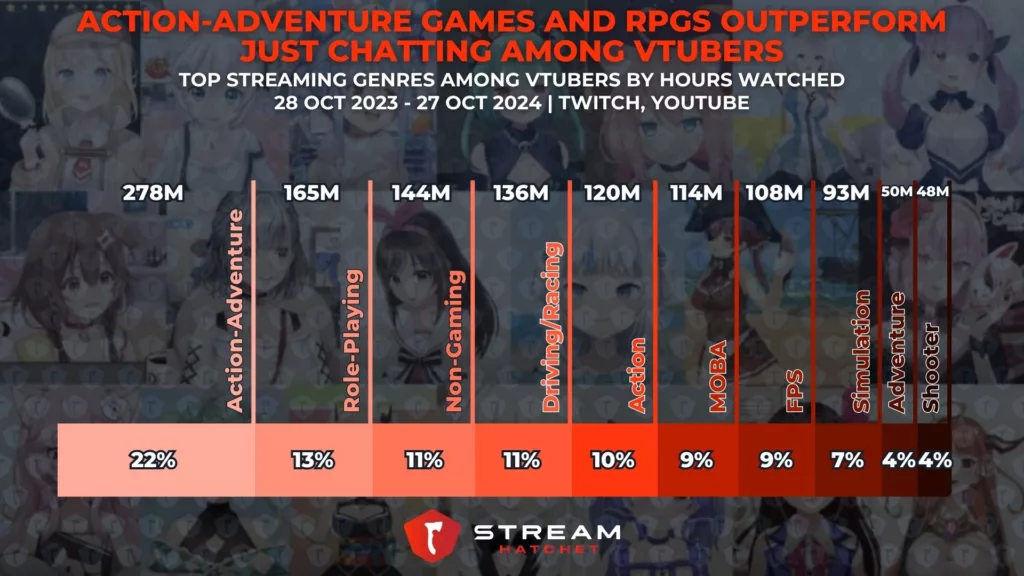
These trends are also reflected in the top genres among VTubers, including Action Adventure games and Roleplaying games with 278M and 165M hours watched over the past 12 months, respectively. But in third is Non-gaming content, with a significant 144M hours watched, representing a bevy of variety content that VTubers produce alongside regular content. This corresponds to the aforementioned events held by VTubers which, for a given individual stream, is typically their most popular content. VTuber concerts are their bread and butter (often performed alongside a new album release), while talk shows, educational content, storytelling, and personality quizzes are also popular.
Identity and discussions of identity are crucial to a VTuber’s success. The more a VTuber can individuate themselves, the more likely they are to capture a dedicated audience. This means streams where VTubers discuss their backstory (lore), gender, occupation, fears, and so on are incredibly exciting for their fans. Less often, VTubers might also adopt parody personalities that lean more into the roleplaying aspect of VTubers rather than idol culture – like Virtual Obachan, a man who roleplays as a grandma which varies greatly from the mainstream “anime waifu/husbando” VTubers.
VTuber Models Adopt Upbeat, Anime-inspired Personalities
As touched on above, different VTubers use different VTuber models to express their personality. Miko Sakura’s pink, cutesy aesthetic suits her happy and carefree personality, whereas Kuzuha’s vampiric appearance suits his more devilish character. In general, almost all VTuber models are built off of an anime aesthetic (due to VTubers’ origins in Japan). This also associates VTubers with games that share this aesthetic, like Genshin Impact or Mahjong Soul.

Many of the most popular VTubers have fully 3D models, making them feel more lifelike which boosts perceived engagement with viewers. For these models, motion capture technology has certainly come a long way since Kizuna AI debuted back in 2016 (considered the “first” VTuber). However, the costs associated with producing and updating 3D VTubers models can be exorbitant – explaining the dependence on agencies for many top VTubers. As a result, 2D VTuber models are a more common entry point for new streamers. Additionally, 2D VTuber models still allow for a great degree of costume and character design – costuming is particularly important given the perceived importance of avatar fashion among younger generations.
Apart from fashion and models, VTubers also vary their presentation through personality. The most popular personalities as self-described by top VTubers are “playful/mischievous”, “energetic/high energy”, and “engages with community”. For an outside observer, this may make the most popular VTubers seem a bit same-y – but these fundamental traits mean that fans are guaranteed light, competitive fun when they tune into their favorite VTubers. As of yet, more diverse VTubers haven’t found mass popularity, like animal VTuber models or even pregnant VTuber models.
VTubers are Perfect for Creative Sponsorship Opportunities
With their ever-growing popularity and all-digital appearance, VTubers offer unique opportunities for sponsorships. This is nothing new: VTubers are commonly used for advertising mainstream companies in Japan, like ads for video games that use VTubers (and VTuber models of celebrities) as their spokespeople. But relative to traditional streamers, VTubers are still relatively underutilized. The high engagement of their fanbase makes these viewers more likely to convert into customers. Additionally, really dedicated fans will create user-generated content and clips that circulate within the VTuber community. For a publisher, seeing a VTuber drawn in the style of your games’ characters is an incredible promotion.
As just one example, MOBA Smite teamed up with VTuber agency VShojo back in 2023 to create a series of customized skins for their game. Apart from the initial coverage of the game by the partnered VTubers themselves, fans also subsequently bought these skins to show off with their friends. Combining this kind of marketing with a live-streaming exclusive marketing strategy like a Twitch Drops campaign could lead to even greater exposure.

Some sponsors may be tentative to partner with VTubers represented by major agencies however, due to heavy costs. But smaller VTubers are also fantastic targets for partnerships: They still boast highly engaged fanbases, and in some cases fulfill a more relevant niche for the brand/publisher’s needs. The only issue is finding the right VTuber for your purposes – but this can be massively streamlined thanks to Stream Hatchet’s AI Discovery Tool which identifies the best streamers for influencer marketing campaigns.
With such rapid expansion in the VTuber space, many brands and publishers would do well to educate themselves on VTuber culture. This article merely covers the basics of VTubers – there are so many more creative ways to engage with VTubers, like even putting them into a game itself. As we move further towards embracing the metaverse and legitimizing online personas, VTubers of new forms and with new content styles will pop up and generate viable levels of viewership for profitability. Stream Hatchet will continue to provide insights into advances in the VTuber space.
To keep up to date with the latest VTuber news and Japanese streaming announcements, follow Stream Hatchet:

